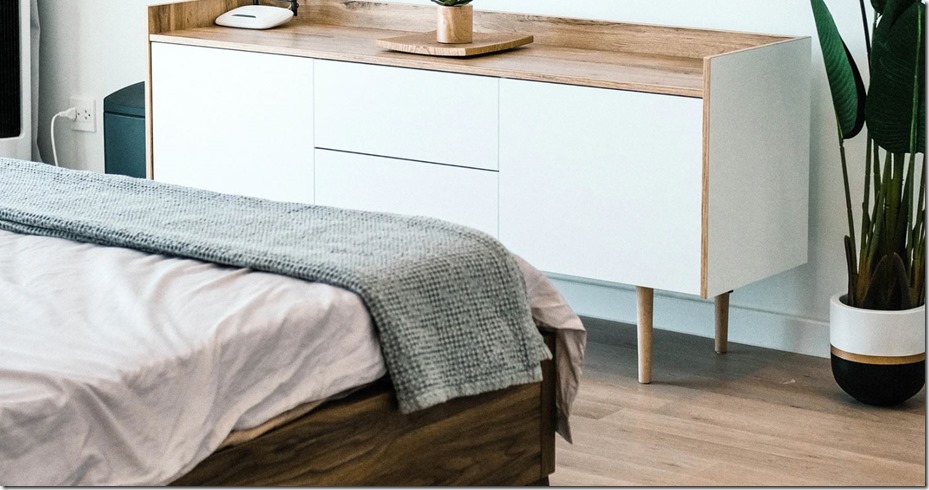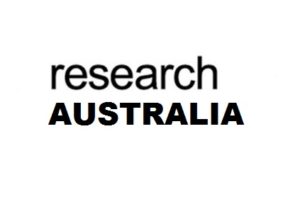Homeownership rates in Australia are touted to reach 64% by 2021.
Undeniably, having a place to call your own is an incredible achievement, regardless of whether you are purchasing a starter home or a forever home.
This achievement is, however, a substantial financial undertaking that calls for preparation, foresight and a lot of diligence.
Are you in the market for your first home? If yes, here are five things to keep in mind.
1. Your Credit Score Will Matter Greatly
Your credit score is among the most significant determinants of what your loan’s terms are going to be.
It’s therefore advisable to know what it is, way in advance. If it’s less than pleasant, you will have some time to try and improve it before you actually make a loan application.
Australia scores individuals on a 0 to 1200 scale, with 500 to 700 considered as average. While you might still get a financier with a below-average score, this will likely be on higher interest terms.
A good score, by and large, gets you a better offer.
2. There Will be Additional Expenses
There are several other chargeable fees over and above the actual cost of the home. Some of these include insurance, repair costs, property taxes, association fees and so on.
You should, therefore, have the budget or income to cover not just these costs, but also to cover emergency costs that might arise.
Think ahead to how you intend to furnish your home and how much house leaves you with enough to do that.
If you’re on a shoestring budget, it’s advisable to start with the basics such as living room furniture, beds and bedding and basic kitchen utensils and appliances. But don’t rush to the shop if your old stuff is still usable.
However, don’t drag dilapidated belongings into your new home. If you live in the capital, and want to throw away your mattress, consider mattress recycling in Canberra instead of sending it to a landfill.
3. A Good Realtor is Key
Each neighbourhood has unique qualities and peculiarities you should be well aware of before making a purchase.
A credible agent will have a firm handle on what these are, as well as an array of properties with different features and a wide range of budgets.
As you shop for an agent, look for one with extensive experience and coverage in the area you are looking to settle in.
4. You Need a Reputable Home Inspector
A home inspection is done to identify any problems with a house that might require repairs or overhauls.
Without a reputable home inspector, you run the risk of missing some of these issues. The last thing you need is an inspector that overlooks problem areas just to help a seller or a realtor to make a sale.
If you are referred to a tried and tested agent, you can ask them to refer an inspector to you. If not, then you’re better off finding and vetting an inspector or an inspection company by yourself.
If you buy a house with major damage, you will find yourself in a pinch months or years after the purchase as repair and labour costs can get quite high.
5. You Need to Protect Your Financial Standing
Your pre-approval will be solely set within the information given at the time you make an application.
Any amendments like a job with a different salary, additional loans or job loss can result in your loan being denied when you begin the purchase process.
As much as possible, try to hold your financial position constant so as not to jeopardize your homeownership dream.
Easy Does It
Finding and buying a house is not a process that should be rushed. When you finally decide to take the steps towards homeownership, allow yourself the gift of time.
This should enable you to shop around for a great house in an enviable neighbourhood and at a good price.
It should also allow you the time to vet agents, inspectors and lenders. Ultimately, you deserve not only the home of your dreams, but you also deserve to get a good deal on the home of your dreams.







Leave a Reply
You must be logged in to post a comment.